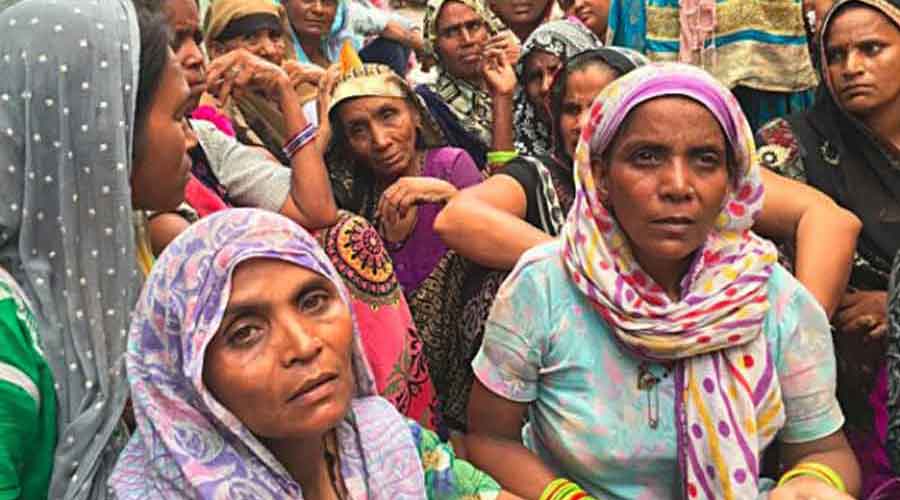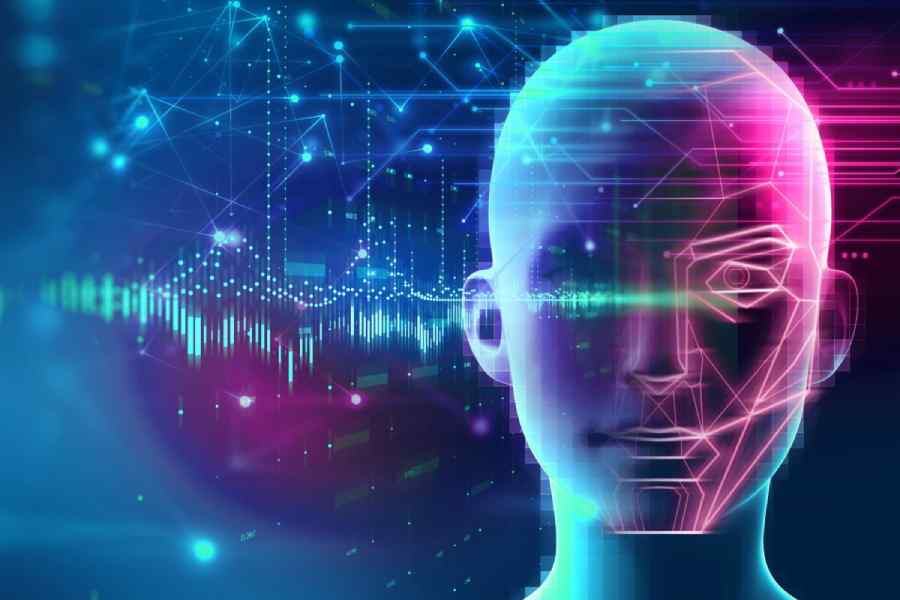That India is a deeply unequal society is not a secret. As a rule, an Indian’s gender, caste and religion carry a strong correlation with their educational and economic attainments. It turns out that these identifiers define not only the lives of millions but also their deaths. New research shows that Dalits, Muslims and adivasis have shorter lifespans on an average than upper-caste Hindus. The lower life expectancy for Dalits and adivasis is similar to the gap between Black and White Americans and between Jews and Arabs in Israel, suggest the research findings. At first glance, these findings, while disturbing, can appear unsurprising. A 2019 report by the United Nations Development Programme found that while 15 per cent of upper-caste Hindus were poor, that fraction jumped to 33 per cent for Muslims and Dalits and 50 per cent for adivasis. Over the years, multiple studies have confirmed that wealthier people tend to live longer. But while socio-economic factors — education, income and employment — are responsible for three quarters of the life expectancy gap between Black and White Americans, they contribute only half of the gap between upper-caste Hindus and Dalits and adivasis.
In other words, traditionally disadvantaged communities in India would continue to have significantly lower life expectancy than upper-caste Hindus even if their income, educational and occupational status were identical. This means that India’s multiple attempts at affirmative action through reservations in government jobs and educational institutions — while important — will by themselves not eliminate the gap in lifespan. The findings expose an uncomfortable truth about modern democracies. The Declaration of Independence of the United States of America, a country whose Bill of Rights inspired the fundamental rights in India’s Constitution, famously proclaims that “all men are created equal”. In reality though, the world’s biggest democracies have been unable to assure their citizens that their race, gender, faith or caste will not influence how long they live. The past two years have only served to emphasize this inequity. Black and Hispanic Americans have been infected with Covid-19 at rates higher than their proportion of the population. In India, the government has not released a breakdown of infection data by religion or caste. But the differential lifespans of communities are a reminder of the need for targeted healthcare interventions by the government for Muslim, Dalit and adivasi Indians. The health of a democracy depends on the health of its citizens — all citizens.










